

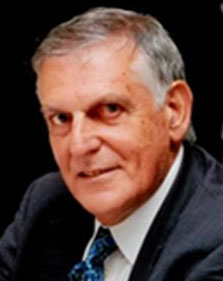
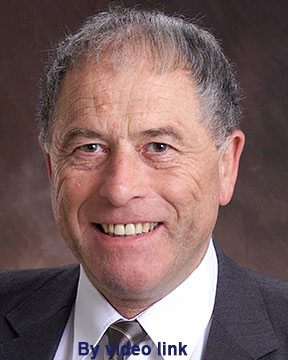
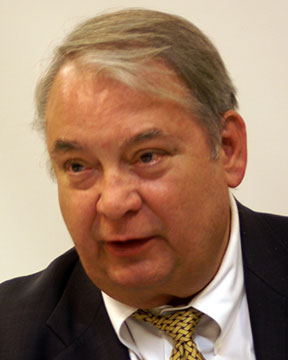
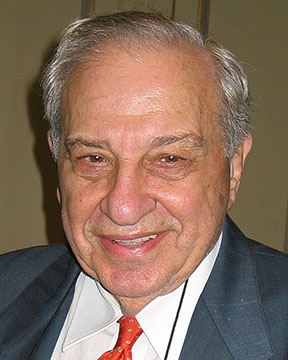
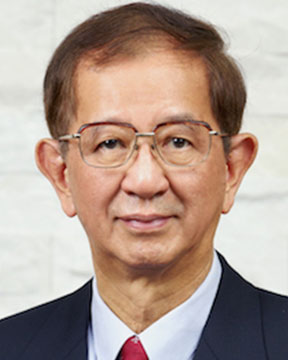
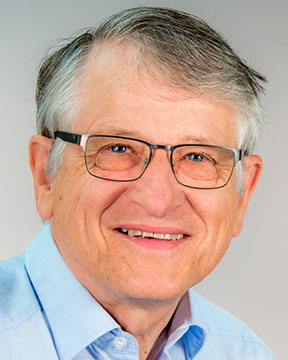

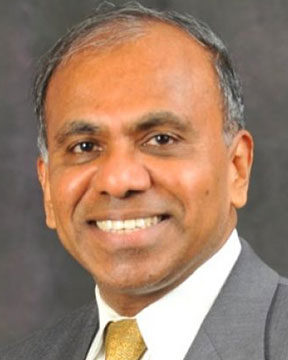










 |
Francisco ChinestaArts et Metiers, ParisTechHybrid Twins: The New Data-driven And Physics-based Alliance Schrefler International Symposium on Geomechanics and Applications for Sustainable Development Back to Plenary Lectures » |
Abstract:In the previous industrial revolution, virtual twins (emulating a physical system) were major protagonists. Usually, numerical models (virtual twins), however, are static, that is, they are used in the design of complex systems and their components, but they are not expected to accommodate or assimilate data. The reason is that the characteristic time of standard simulation strategies is not compatible with the real-time constraints which are mandatory for control purposes. Model Order Reduction techniques opened new possibilities for more efficient simulations. Virtual, Digital and Hybrid Twins. A new paradigm in data-based engineering and engineered data. F. Chinesta, E. Cueto, E. Abisset, J.L. Duval, F. El Khaldi. Archives of Computational Methods in Engineering, https:\doi.org10.1007s11831-018-9301 |
|